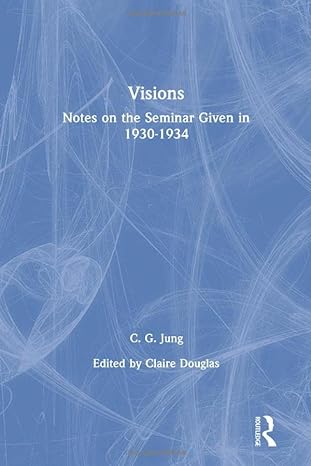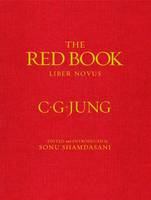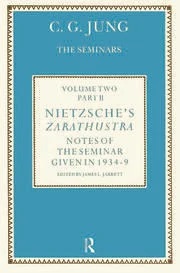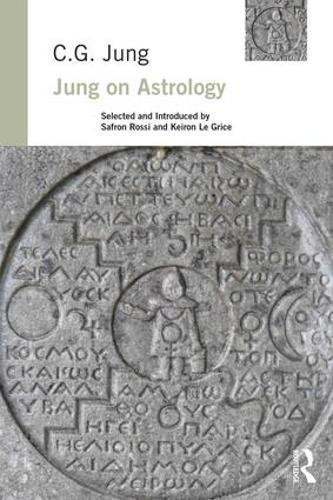C.G. Jung
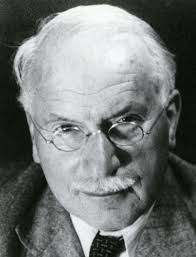
C. G. Jung (1875 - 1961) was a Swiss psychiatrist, innovative thinker and founder of Analytical Psychology, whose most influential ideas include the concept of psychological archetypes, the collective unconscious, and synchronicity. He is the author of numerous works, including Memories, Dreams, Reflections and Man and His Symbols.
Collected Works Vol.14: Mysterium Coniuntionis - An Inquiry into the Separation and Synthesis of Psychic Opposites in Alchemy
Mysterium Coniunctionis was first published in the Collected Works of C.G. Jung in 1963. For this second edition of the work, numerous corrections and revisions have been made in cross-references to... (more)
Collected works Vol.20: General index
752p Hardback 1979
The Zofingia Lectures: Collected Works Supplementary Volume 'A'
The Zofingia Club was a discussion group to which C.G. Jung belonged as a medical student: in 1897 he became Chairman, and gave five lectures. These have survived and are published here in a... (more)
The Essential Jung: Selected Writings
This compact volume of key extracts from the formidable mass of Jung's published writings presents the essentials of Jung's thought in his own words. Anthony Storr's prefatory notes to each extract... (more)
Visions: Notes on the Seminar Given in 1930-1934 - Edited by Claire Douglas (2 Volumes)
Jung taught 28-year old Christiana Morgan the trance-like technique of active imagination, helping her embark on a series of archetypal adventures which she depicted in paintings and he recounted his... (more)
Jung on Mythology
This volume collects and organizes passages on myth by Jung himself and by some of the most prominent Jungian writers after him: Erich Neumann, Marie-Louise von Franz and James Hillman. (more)
Psychology and the East
C.G. Jung was a psychoanalyst who turned his attention to Eastern modes of thought. This book collects his writings on the subject, including his psychological commentaries on the I Ching and "The... (more)
Psychology and the Occult
This work presents a look at the world of the occult and the depths of the human psyche. It includes Jung's case study of a fifteen year old medium, and his writings on such subjects as ghosts,... (more)
The Red Book: Liber Novus
When Carl Jung embarked on the extended self-exploration he called his 'confrontation with the unconscious', the heart of it was The Red Book, a large, illuminated volume he created between 1914 and... (more)
Nietzsche's Zarathustra: Part 2 Notes of the Seminar given 1934-1939
These volumes, the transcript of a previously unpublished private seminar, reveal the fruits of Jung's early fascination with tales of Nietzsche's brilliance, eccentricity, and eventual decline into... (more)
Four Archetypes
The concept of the archetype is crucial to Jung's radical interpretation of the human mind. Here he considers the archetypes he regarded as fundamental to every living individual: mother, rebirth,... (more)
Essays on Contemporary Events: Reflections on Nazi Germany
Was the leading psychologist of his time a Nazi sympathiser? This was the question asked by many after the Second World War, as they sought to explain Jung's actions and publications during Nazi... (more)
Psychology of the Unconscious: A Study of the Transformations and Symbolisms of the Libido
Psychology of the Unconscious is a key text for understanding the formation of Jung’s ideas and his personal and psychological development at a crucial time in his life. In this influential book,... (more)
Jung on the East
A selection of Jung's key writings on the East in which the main features of Jung's studies of Eastern texts and ideas are outlined. The text includes passages from Jung's writings on India, China,... (more)
Psychology and religion
Based on the Terry lectures given at Yale University. 131 pages. (more)
Science of Mythology: Essays on the Myth of the Divine Child and the Mysteries of Eleusis
This is an account of the meaning and purpose of certain mythical themes found in antiquity and the relevance of such themes to our lives today. (more)
Jung on Astrology
Jung on Astrology brings together C. G. Jung's thoughts on astrology in a single volume for the first time, significantly adding to our understanding of Jung's work. Jung's Collected Works, seminars,... (more)











